Table of Contents
Introduction to Perfect Roasted Vegetables
Transform plain vegetables into restaurant-quality dishes with this foolproof roasted vegetable seasoning recipe. Developed by professional chefs and tested for maximum flavor, this guide shows you exactly how to season and roast vegetables for crispy, caramelized results every time. Whether you're a beginner or experienced cook, these simple techniques will elevate your meals with minimal effort.
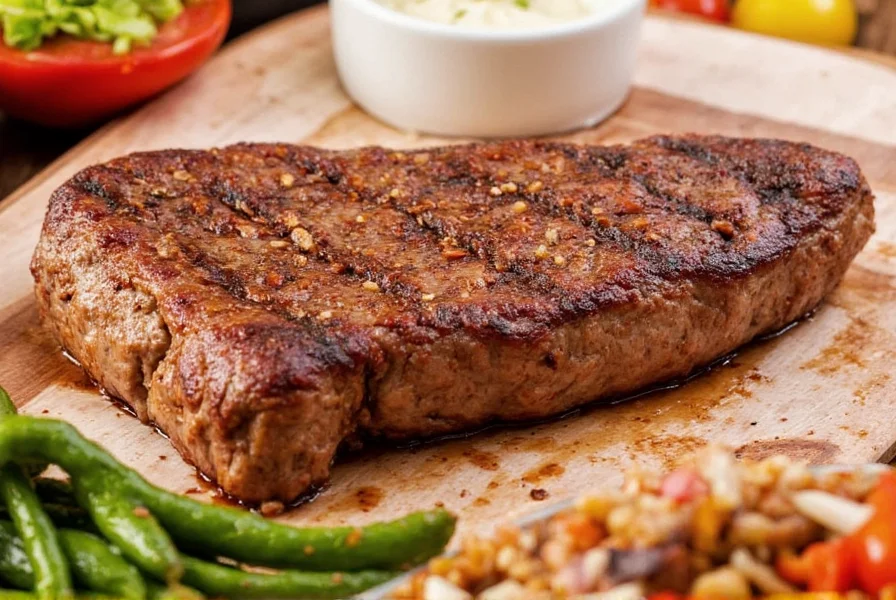
Why Proper Seasoning Matters
Seasoning isn't just about adding salt—it's about enhancing natural flavors while balancing sweetness, acidity, and bitterness. Properly seasoned vegetables become the star of your meal, not an afterthought. Here's why it matters:
- Flavor enhancement: Spices unlock vegetables' hidden taste potential (e.g., cumin transforms carrots into rich, earthy delights).
- Nutritional boost: Spices like turmeric and garlic add antioxidant benefits beyond the vegetables themselves.
- Versatility: One seasoning mix adapts to multiple vegetables and cooking methods, reducing meal prep time.
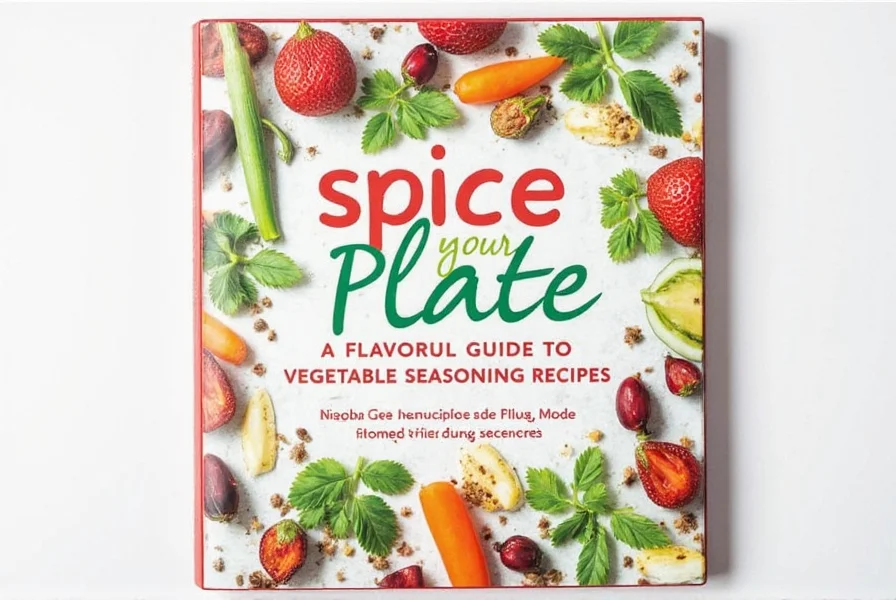
Essential Seasoning Basics
Master these fundamentals before experimenting:
- Salt: Use kosher salt for even distribution; it enhances without overpowering. Add after cooking for delicate vegetables.
- Fat: Olive oil or avocado oil carries flavors and promotes browning. Use 1-2 tbsp per pound of vegetables.
- Acid: A splash of lemon juice or vinegar added at the end brightens flavors without masking them.
- Heat control: Roast at 400-425°F (200-220°C) for optimal caramelization without burning.
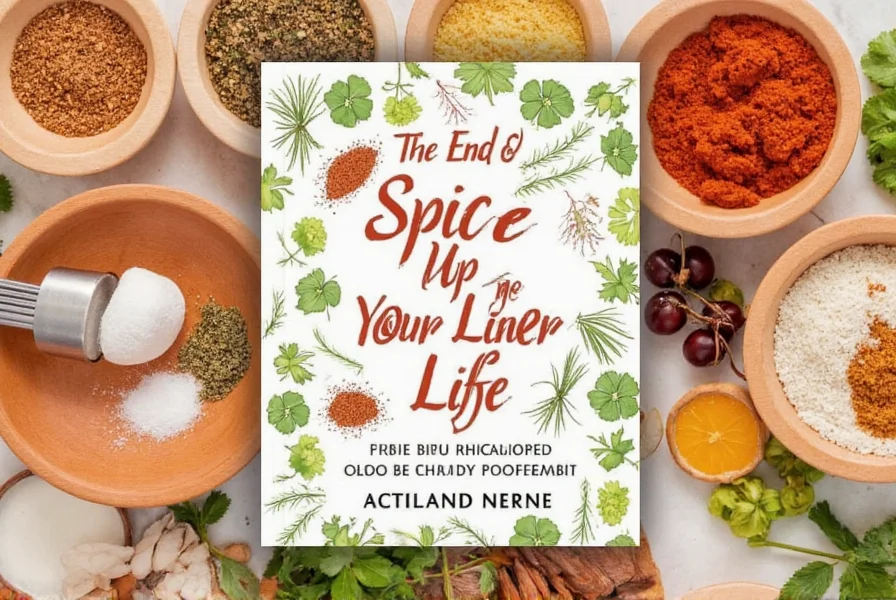
Top 5 Must-Have Spices for Vegetables
| Spice | Flavor Profile | Best With | Pro Tip |
|---|---|---|---|
| Cumin | Earthy, nutty | Carrots, squash, sweet potatoes | Toast whole seeds before grinding for deeper flavor |
| Smoked Paprika | Smoky, sweet | Eggplant, peppers, potatoes | Use sweet variety for mild flavor; hot for kick |
| Garlic Powder | Pungent, savory | Broccoli, mushrooms, zucchini | Combine with onion powder for richer umami |
| Chili Flakes | Spicy, bold | Brussels sprouts, cauliflower, corn | Add after roasting to prevent bitterness |
| Coriander | Lemony, citrusy | Green beans, peas, cucumbers | Use whole seeds for salads; ground for roasted dishes |
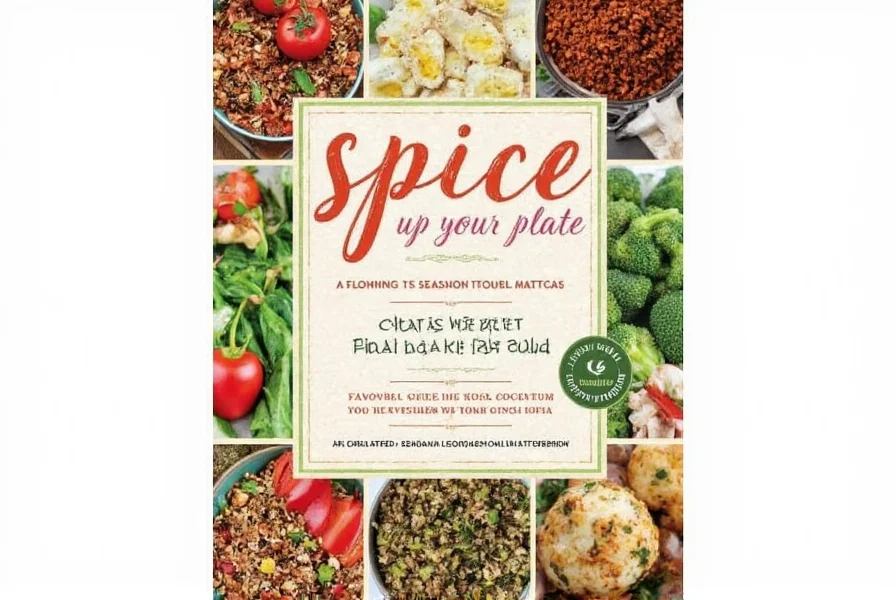
Step-by-Step Roasted Vegetable Recipe
Follow this foolproof method for perfectly roasted vegetables every time. This recipe serves 4 and takes 35 minutes total.
Ingredients
- 2 lbs mixed vegetables (e.g., carrots, potatoes, broccoli)
- 2 tbsp olive oil
- 1 tbsp seasoning mix (recipe below)
- ½ tsp sea salt (optional)
- 1 tbsp lemon juice (optional)
Seasoning Mix (Makes 1 tbsp)
- 1 tsp garlic powder
- 1 tsp cumin
- ½ tsp smoked paprika
- ¼ tsp chili flakes
- ¼ tsp black pepper
Instructions
- Prep: Preheat oven to 425°F (220°C). Wash and chop vegetables into 1-inch uniform pieces for even cooking.
- Season: In a large bowl, toss vegetables with olive oil and seasoning mix until evenly coated. Add salt only if using.
- Roast: Spread in single layer on parchment-lined baking sheet. Roast 25-30 minutes, flipping halfway, until edges are crispy and centers tender.
- Finish: Remove from oven. Drizzle with lemon juice and fresh herbs if desired. Serve immediately.
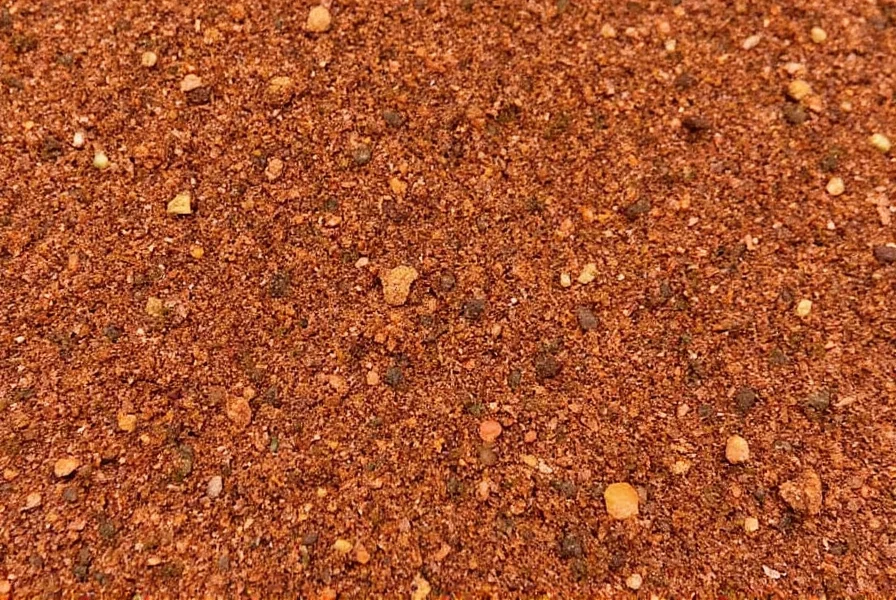
Vegetable-Specific Seasoning Tips
Adjust techniques for different vegetables:
- Root vegetables (carrots, potatoes): Cut into similar sizes. Parboil for 5 minutes before roasting for extra crispiness.
- Cruciferous (broccoli, cauliflower): Toss with oil and seasoning at the start. Add delicate herbs like parsley after roasting.
- Nightshades (eggplant, peppers): Salt and drain for 15 minutes before roasting to remove bitterness.
- Delicate veggies (asparagus, zucchini): Use half the seasoning. Roast at 400°F (200°C) for 15-20 minutes to prevent overcooking.
Frequently Asked Questions
How much seasoning should I use for a pound of vegetables?
For most roasted or sautéed vegetables, use 1-2 tablespoons of seasoning mix per pound. Start with less, toss well, and add more after cooking. Vegetables shrink when cooked, so under-seasoning initially is safer.
Can I make a large batch of vegetable seasoning and store it?
Yes! Multiply the recipe by 5-10 for a larger batch. Store in an airtight container away from light and heat. Properly stored, it stays fresh for 6-8 months.
What's the difference between fresh herbs and dried spices for vegetable seasoning?
Dried spices have concentrated flavor and work best for high-heat roasting. Fresh herbs are delicate and should be added at the end of cooking or as garnish. Use 1 tsp dried herbs for every tbsp fresh herbs.
Are there salt-free seasoning options for low-sodium diets?
Absolutely. Omit salt and increase other spices proportionally. Add nutritional yeast for umami or lemon zest for brightness without sodium.
Which vegetables work best with this seasoning recipe?
Root vegetables (potatoes, carrots), cruciferous veggies (broccoli, cauliflower), and nightshades (eggplant, peppers) respond best. For delicate vegetables like asparagus or zucchini, use half the seasoning amount.
How can I make my seasoning more complex without complicating it?
Add one special ingredient to the base mix: pinch of cayenne for heat, 1 tsp onion powder for sweetness, or 1 tbsp nutritional yeast for umami. Maintain balance—avoid adding too many elements at once.
Can I use this seasoning for cooking methods other than roasting?
Definitely! For steaming/boiling, add seasoning after cooking. For grilling, mix with oil first to prevent burning. For raw salads, use half the amount with citrus juice.
How long does homemade seasoning last, and how should I store it?
Stored in an airtight dark glass jar in a cool pantry away from moisture, it maintains peak flavor for 6-8 months. Never store above the stove—heat and steam degrade spices faster.
Smart Spice Buying Guide
Quality spices make all the difference. Follow these expert tips:
What to Look For
- Freshness test: Crush a small amount between fingers—vibrant aroma indicates freshness. Dull or musty smells mean old spices.
- Whole vs. ground: Whole spices last 2-3 years; ground spices lose potency in 6 months. Grind your own for maximum flavor.
- Storage: Keep in dark glass jars away from light, heat, and moisture. Never store above stove or near sink.
| Brand | Best For | Key Features | Price Point |
|---|---|---|---|
| Spice House | Whole spices | Single-origin sourcing, ethically sourced, grind-at-home options | $$ |
| Mccormick | Everyday cooking | Consistent quality, wide availability, value packs | $ |
| Penzeys | Gourmet blends | Small-batch roasting, unique flavor profiles, free samples | $$$ |
Pro tip: Buy small quantities of specialty spices and rotate them every 3-4 months for peak freshness. Your taste buds will thank you!
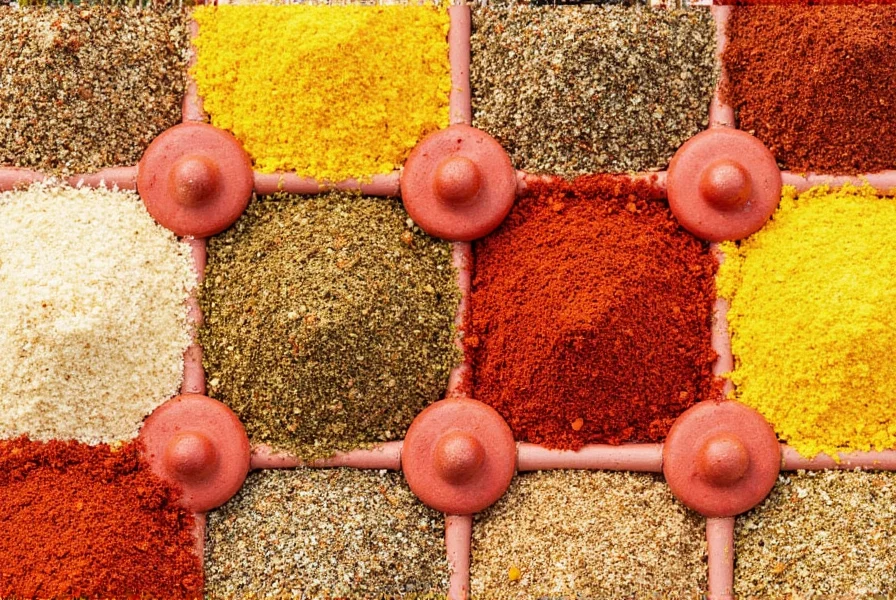
Conclusion
Mastering vegetable seasoning transforms humble produce into extraordinary meals. By understanding spice profiles, following precise roasting techniques, and selecting fresh ingredients, you'll create restaurant-quality dishes in minutes. Start with this simple recipe, experiment with vegetable-specific tips, and build your spice collection gradually. Remember: great seasoning isn't about complexity—it's about balance and knowing when to let the vegetables shine.
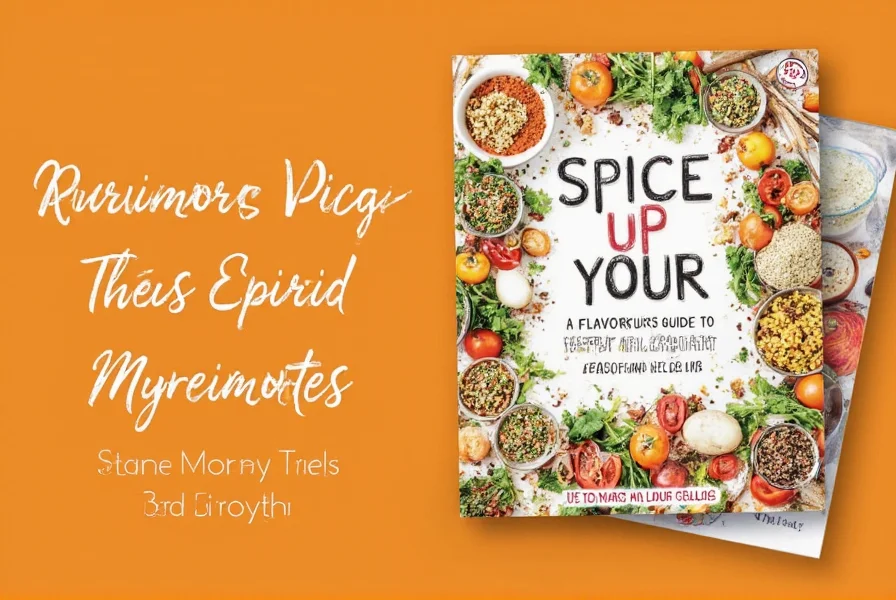

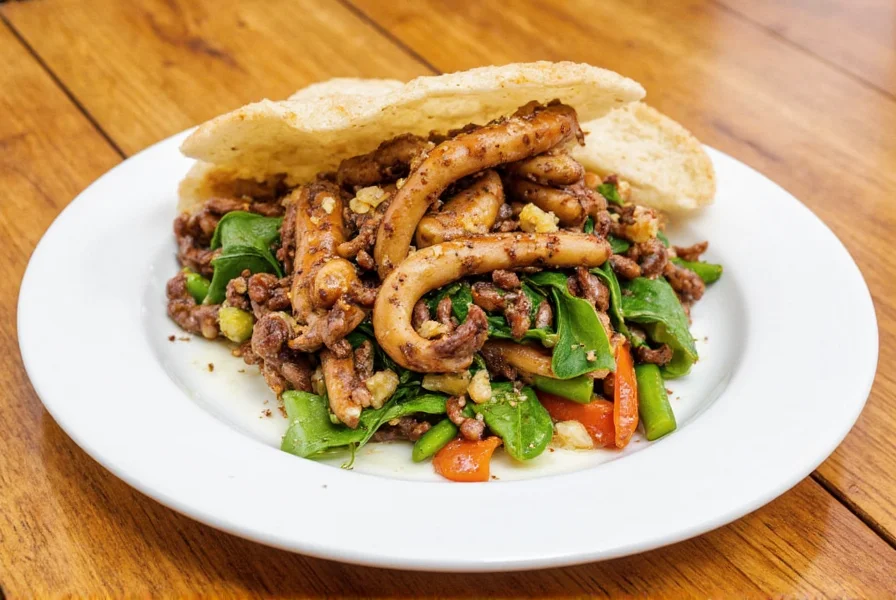









 浙公网安备
33010002000092号
浙公网安备
33010002000092号 浙B2-20120091-4
浙B2-20120091-4